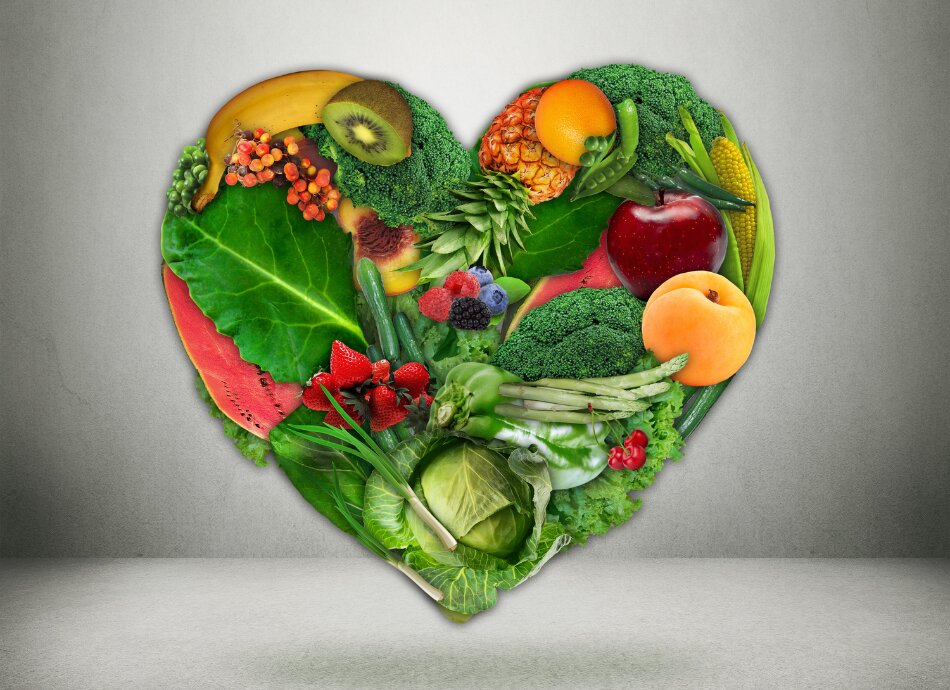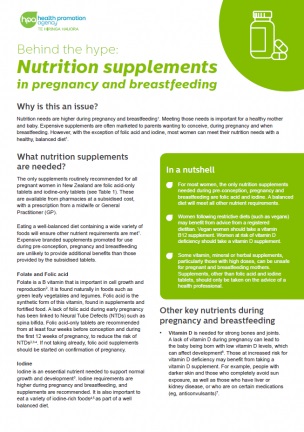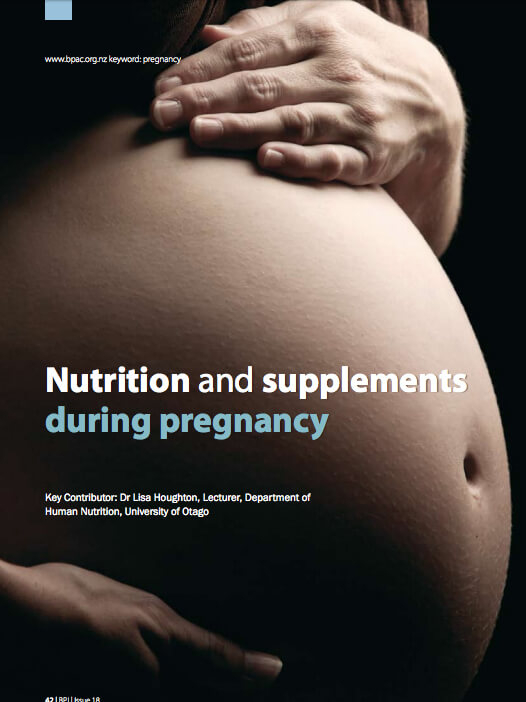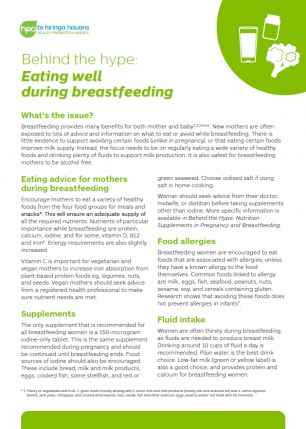When you are pregnant or breastfeeding, you need to eat healthily so you get the nutrients your baby needs to grow well and for your own wellbeing. Healthy eating during pregnancy can help lower the risk of health conditions, including:
- blood pressure-related disorders such as pre-eclampsia, pregnancy-induced high blood pressure and eclampsia
- gestational diabetes.
Eating healthily can also reduce the risk of childbirth complications.
The key nutrients that you need in pregnancy are:
- folate/folic acid
- iodine
- iron
- calcium
- vitamin C
- vitamin D
- vitamin B12.









